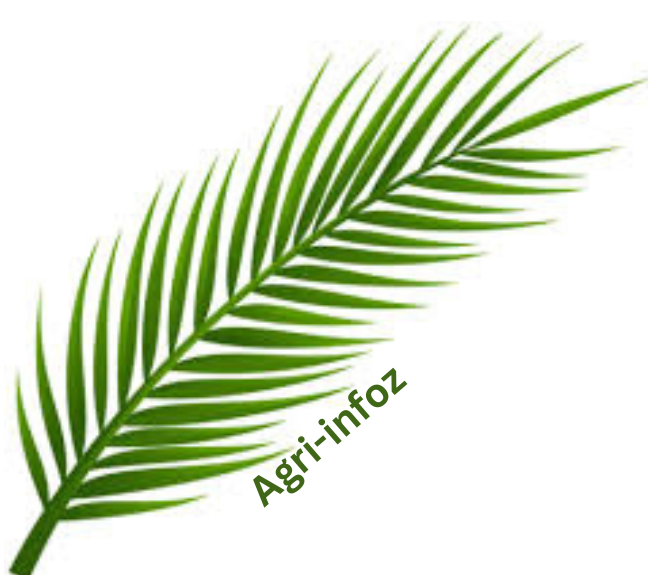


Proper nutrition is essential for the health, productivity, and longevity of goats. Understanding their nutritional needs and providing a balanced diet will help you raise strong and healthy animals. Here’s a guide to the nutritional requirements of goats.
Read also: Grazing Management for Livestock: Best Practices for Optimal Land and Animal Health
Forage
Forage is the primary component of a goat’s diet. It includes pasture, hay, and browse.
Pasture: Goats prefer a variety of grasses, legumes, and browse. Rotational grazing helps ensure a continuous supply of fresh forage and reduces parasite loads.
Hay: Provide high-quality hay, especially during the winter or when pasture is not available. Alfalfa hay is rich in protein and calcium, while grass hay is a good source of fiber.
Browse: Goats enjoy eating leaves, twigs, and shrubs. Include browse in their diet to provide variety and meet their nutritional needs.
Grains and Concentrates
Grains and concentrates provide additional energy and nutrients, especially for pregnant, lactating, or growing goats.
Corn: A good source of energy but should be fed in moderation.
Oats: High in fiber and easy to digest.
Barley: Another good source of energy.
Soybean Meal: Rich in protein, ideal for lactating or growing goats.
Minerals and Vitamins
Minerals and vitamins are essential for overall health and productivity.
Mineral Supplements: Provide a mineral block or loose minerals specifically formulated for goats. Key minerals include calcium, phosphorus, magnesium, and salt.
Vitamins: Ensure goats receive enough vitamins, particularly A, D, and E. Fresh forage usually provides sufficient vitamins, but supplements may be needed during winter.
Water
Access to fresh, clean water is vital for goats. Ensure that water is always available and regularly cleaned.
Special Considerations
Pregnant and Lactating Does: Increase their nutritional intake to support fetal development and milk production. Provide high-quality forage, additional grains, and mineral supplements.
Kids: Young goats need high-protein diets for growth. Provide milk or milk replacer, high-quality forage, and starter grain.
Breeding Bucks: Provide a balanced diet to maintain their health and fertility. Avoid overfeeding to prevent obesity.
Avoiding Common Nutritional Problems
Bloat: Prevent bloat by avoiding sudden changes in diet and limiting access to lush, rich pasture.
Enterotoxaemia: Also known as “overeating disease,” it can be prevented by avoiding sudden diet changes and vaccinating against Clostridium perfringens.
Urinary Calculi: Prevent this condition in male goats by ensuring a proper calcium-to-phosphorus ratio and providing plenty of fresh water.
Conclusion
Understanding and meeting the nutritional requirements of goats is crucial for their health and productivity. By providing a balanced diet of forage, grains, minerals, and vitamins, you can ensure the well-being of your goats. Regularly monitor their condition and adjust their diet as needed to meet their specific needs.


